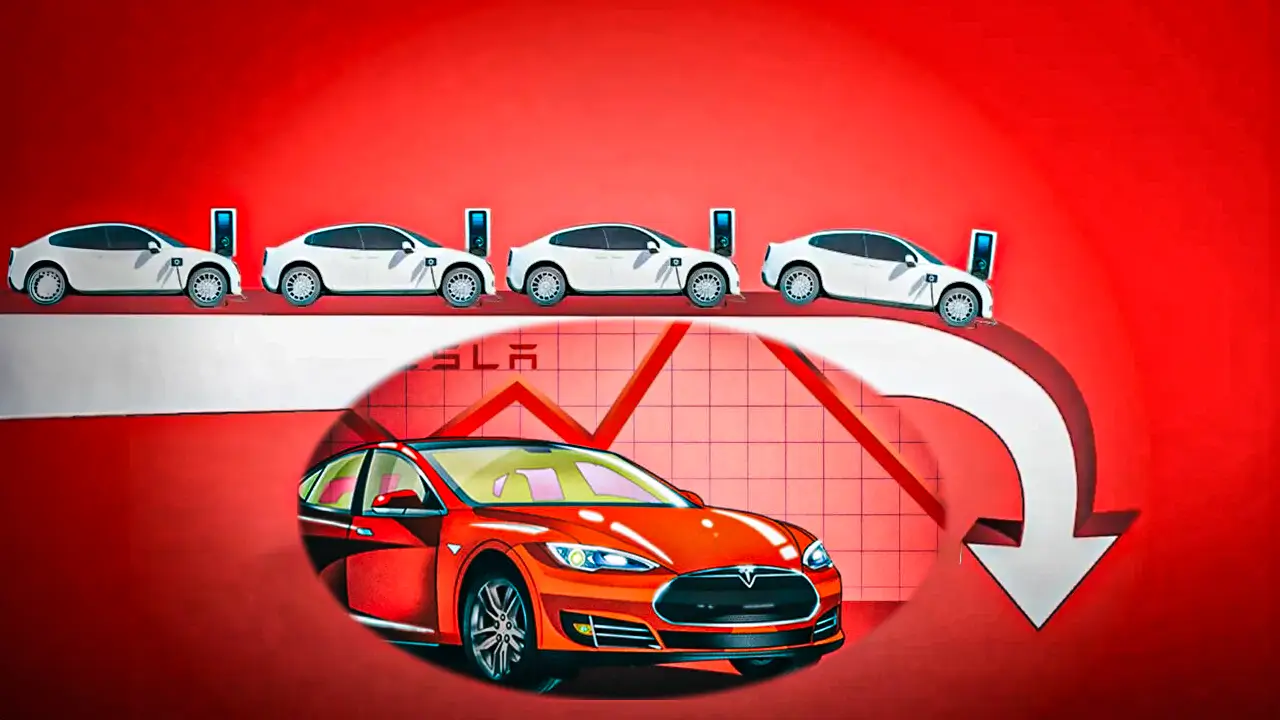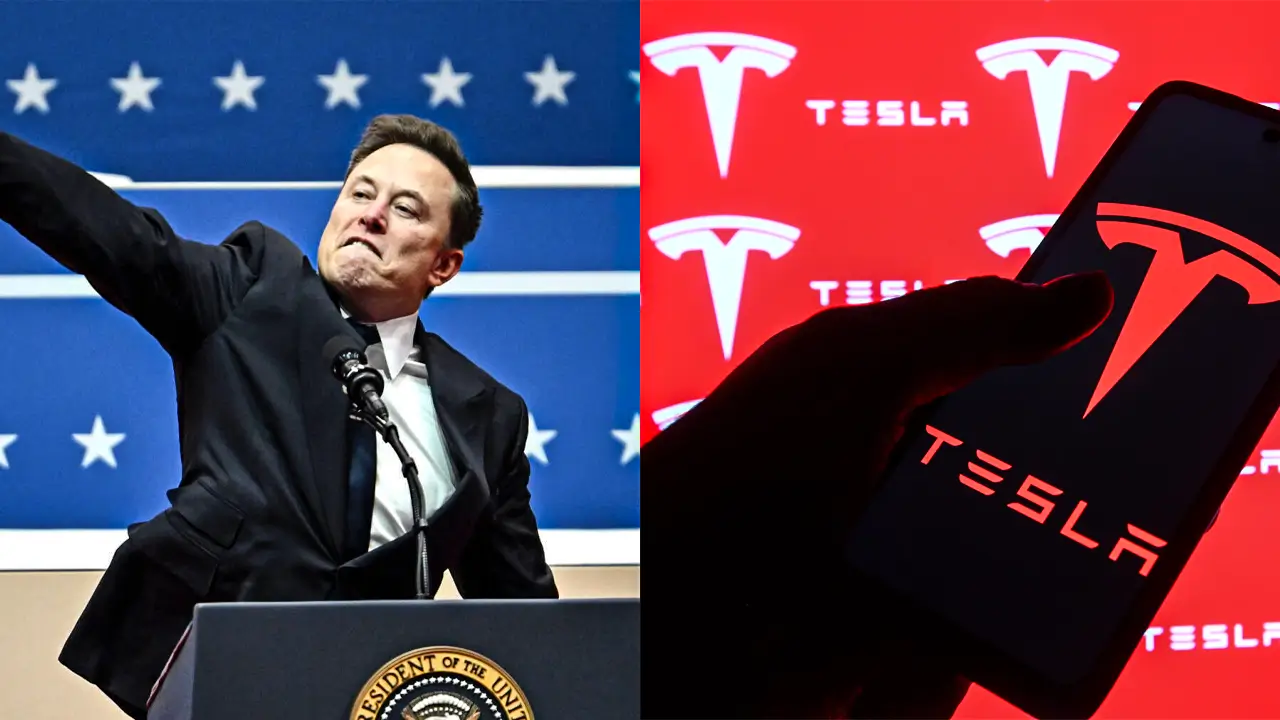Tesla has always been a company that sparks strong opinions. Whether you love it or question its direction, there’s no denying that it plays a central role in shaping the future of electric vehicles. So when Dan Ives, one of Tesla’s most vocal supporters and a top analyst from Wedbush, suddenly cuts the price target on Tesla stock nearly in half, people pay attention.
This signals a deeper shift in how the public and investors see Tesla today. And more importantly, it tells us something about the future of the brand that has defined innovation and disruption for over a decade.
Let’s take a closer look at why this happened, what it means for everyday investors and Tesla enthusiasts, and what the road ahead might look like.
A tough moment for Tesla
On the surface, Tesla is still doing many of the things it has always done. It’s producing cars, expanding into new markets, working on energy storage solutions, and experimenting with AI and robotics. But the landscape has changed. The political climate, especially in the United States, has shifted. Tesla is now facing a challenge that isn’t just technical or financial but one that’s deeply emotional and tied to public perception.
Dan Ives and his team at Wedbush, who once had a $550 price target on Tesla shares, dropped it all the way down to $315. That’s not a small adjustment. It’s a big statement that something is seriously wrong right now, at least in the short term.
And what’s causing this sudden turn? The answer might surprise you.
The Elon Musk effect
Elon Musk is one of the most influential CEOs of our time. But being in the spotlight also means every move you make is under constant scrutiny. Recently, Musk has become more publicly aligned with political conversations in the United States, especially surrounding the Trump administration.
This has turned Tesla into something it was never meant to be — a political symbol.
According to Dan Ives, this is not just a minor issue. It’s creating what he calls a brand crisis tornado. People who once admired Tesla purely for its technology and innovation are now starting to feel uncomfortable. The concern is that Tesla is alienating a significant portion of its potential customers. In fact, the Wedbush report estimates that around ten percent of Tesla’s future customer base may have been lost due to this shift.
This is a powerful example of how brand perception can change quickly, even for a company as established as Tesla.
Tariffs and global pressure
Alongside the political issues, Tesla is also facing practical challenges. The Trump administration has introduced new tariffs that are expected to affect companies like Tesla directly. These tariffs will increase costs for parts and materials, especially those imported from outside the United States.
Higher costs usually mean lower profit margins unless prices are increased for customers. And when prices go up in a competitive market, especially in countries like China, buyers might simply turn to other options.
In China, for example, homegrown EV brands like BYD are becoming stronger. If Chinese consumers view Tesla as too closely tied to US political drama, they might choose local brands instead. This puts Tesla in a tricky position — caught between international trade issues and public perception problems.
A critical moment for leadership
Dan Ives did not write off Tesla completely. He still believes in the company’s long-term potential. But he made it clear that Tesla is now at a turning point. For things to improve, the company’s leadership especially Elon Musk needs to take control of the narrative.

The analysts at Wedbush have called on Musk to read the room and lead with sensitivity. This is not just about earnings reports or production numbers anymore. It’s about how people feel when they think about Tesla. If the company wants to grow its global customer base and regain trust, it has to show that it’s aware of the bigger picture.
What this means for Tesla owners and investors
If you already own a Tesla or are thinking about buying one, this news might make you feel a bit uncertain. But remember, the product itself is still strong. Tesla cars are still among the best electric vehicles available. They offer great performance, cutting edge features, and a unique driving experience.
If you’re an investor, however, this is a moment to pause and reflect. Not necessarily to sell everything and walk away, but to ask some honest questions. Where do you see Tesla in five years? Can it move past this storm and regain its footing?
Markets are emotional. And sometimes, even the strongest companies go through periods of instability. What matters is how they respond.
- Audi GT50 Concept: A Loud Reminder of Why Car Enthusiasts Fell in Love With Audi
- Nearly 30% of UK Drivers Believe Car Tax Should Be Based on Mileage — Survey
- Why Planes and Boats Escaped the Luxury Tax But Cars Didn’t
- Australia’s Headlight Confusion: Authorities Warn Drivers After Viral $250 Headlight Rule Goes Wild Online
- 2025 Hyundai Venue Facelift Launched in India – Full Details, Variants, and Price
The long road ahead
No company is perfect. And even the most admired brands face moments of crisis. What we are seeing now with Tesla is not the end of the road. It’s a chapter — one that will either make the company stronger or expose deeper weaknesses.
The key takeaway here is that Tesla’s current problems are less about the technology and more about the story it’s telling the world. If it can shift that story in a positive direction, there’s still plenty of hope for a strong recovery.
But it won’t happen automatically. It will require effort, awareness, and perhaps a little humility from a company that has long operated on boldness and ambition.
Final thoughts
As someone who has followed Tesla for years, I still believe in the mission of accelerating the world toward sustainable energy. But I also believe that leadership matters just as much as technology.
Right now, Tesla needs to reconnect with its global audience. It needs to stop being seen as a political symbol and start being seen once again as a symbol of innovation, progress, and inclusivity. This is a moment for reflection, both for the company and for its supporters. If Tesla can rise above the noise and focus on what truly matters, there’s still a bright road ahead.
